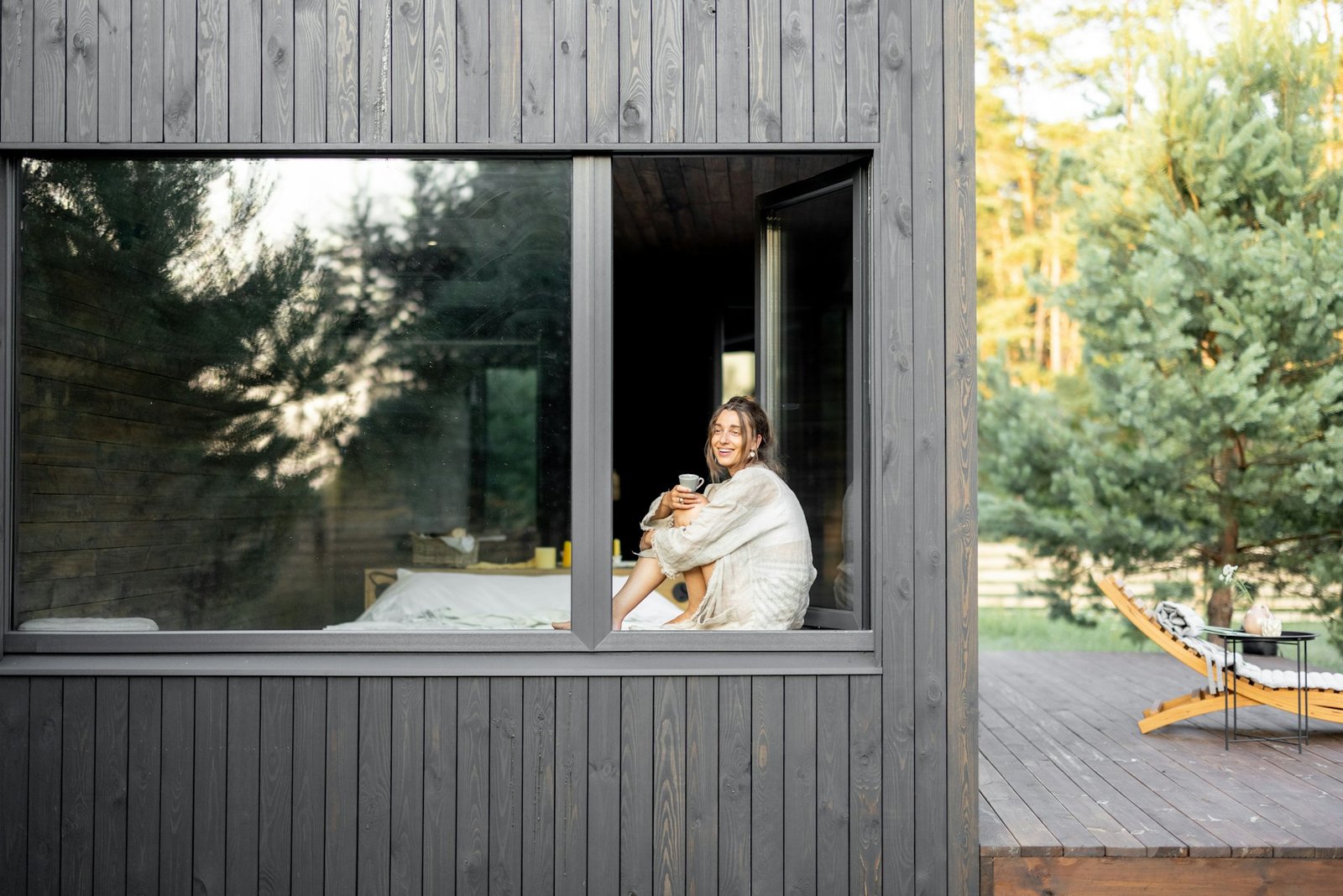Change shows up for everyone. Maybe it is a move to a different home, a new relationship that shakes up daily routines, or a job that brings more questions than answers. Whatever the shape, change tends to bring a blend of feelings that can feel welcoming and uncomfortable. For a lot of people in Portland, whether the change is planned or shows up out of nowhere, it can throw routines off track and leave old ways of coping feeling out of sync.
Therapy in Portland creates space to slow down and check in when everything around you starts speeding up. In late summer, that pace noticeably shifts. The back-to-school traffic thickens, the mornings cool down, and routine begins to return after the looser rhythm of summer. These seasonal patterns make late August a good time to pause, notice what’s shifting, and consider what kind of help might fit as things change again.
Why Change Feels Challenging
Change of any kind stirs up emotion. A promising job might also bring unexpected pressure. Letting go of something familiar—even if it was tough—can come with grief or doubt. Some people feel overwhelmed when routines fall apart and the next step is unclear. Others can name a steady sense of unease or “waiting for the other shoe to drop,” even if they cannot pinpoint why. These responses are not faults. They are just signals that something important is moving.
Personal history shapes every response. Growing up with lots of unpredictability makes some people more watchful or cautious. Others get excited about change and then find themselves drained sooner than expected. Personality, past experience, and emotional habits all play a part in this mix.
Where we live and the time of year factor into how change shows up, too. In Portland, the final stretch of summer is unique. There is a push to soak up the last long days, but fall routines and pressures are not far off. The weeks edging toward September often carry a kind of restless tension. It is not quite autumn, still those crisp mornings are knocking. That seasonal edge—the mix of letting go of summer and starting up again—tends to make any internal stress stand out more.
What to Expect When Starting Therapy for Life Transitions
Transitions raise questions most people are not used to facing. Some turn to therapy after a big shift such as a breakup, a new job, or the loss of someone they care about. Others notice their mood slowly changing over months, even when there is not a clear event. Whether a transition comes in quietly or with a bang, deeper feelings tend to surface.
The first few sessions are rarely structured by a list. Most often, it is about settling in and seeing what comes up. You might find yourself talking through what has felt helpful lately and where things have gotten tougher. Sometimes, you need a place to vent. Sometimes, it is about digging into fear or planning your next steps. At other times, having a few practical tools handy makes everyday stress easier to handle.
Therapy in Portland comes in many approaches. Some thrive with lots of structure, others like it open-ended. Styles can shift to match a person’s pace, personality, and needs. The flexibility of therapy means it fits where someone is—not where someone else expects them to be.
Mindful Mental and Behavioral Health PLLC offers support for a full range of life transitions with evidence-based therapy, including options for medication management and collaborative care, to help clients build skills for both present challenges and future change. Clients have the option to work with therapists who understand the Oregon seasons and how local transitions affect daily routines.
Tools You Might Build in Therapy
Going through a big shift often reveals new sources of stress. One benefit of therapy is learning how to spot pressure before it grows too large. Sometimes, stress quietly builds up behind the scenes. It sneaks in until sleep is off, focus feels scattered, or patience runs thin. Learning to notice the early warning signs gives you more space to make decisions—and ask for help—before overwhelm takes hold.
Naming what you feel is a skill, not something everyone learns growing up. Therapy can give you room to notice what you are feeling and when those feelings tend to show up. The more you notice, the more you understand your own patterns, and the more choices you have in meeting moments that feel hard.
Many people find it helpful to set up simple routines. Even one small habit—like a walk before work, having a quiet meal, or scheduling regular check-ins—can give a sense of safety inside of change. Building these routines is not about controlling every detail. It is about creating small touchpoints that help keep you steady.
How Therapy in Portland Reflects the Region’s Changing Energy
Life in the Pacific Northwest is shaped by seasons. Portland’s late summer feels relaxed, but the early hints of autumn bring a different rhythm. For many, the shift from warm days to longer nights brings mixed emotions, including restlessness or a sense of urgency as routines restart.
Therapists practicing in Portland tend to be tuned in to these changes. Local routines, daylight shifts, and school schedules all affect mood. Therapy at this time of year often centers on managing not only internal transitions, but the external ones that come with the season.
Working with a therapist can help you acknowledge both your environment and your emotions. When the outside world speeds up, it is easy to miss the ways those changes are reflected inside. Gentle conversations about patterns, energy, and what you want this season to feel like can bring more calm to the adjustment.
Building Momentum Through Supportive Shifts
Transitions come in all shapes. Some happen with a leap. Others show up slowly over time. Most real growth comes from smaller changes that add up, not sweeping moves. Therapy in Portland offers a supportive pause to take notice and decide which adjustments actually help.
People move through change at different speeds, and that is okay. There is no prize for finishing fastest. In a therapy space, you get room to ask what matters now and what routines or patterns hold you up. Late summer is the perfect moment to pay attention to supportive structures and to let go of old ones that do not fit anymore.
Support through change does not have to look dramatic or fast. Growth happens in the middle of shifts, often quietly. With the right space and support, those changes can become the foundation for life’s next new season.
Change doesn’t always happen on a schedule, and for some, the shift into late summer can bring more questions than answers. At Mindful Mental and Behavioral Health PLLC, we offer space to pause, adjust, and figure out what feels off without rushing the process. Learn how therapy in Portland can support a more grounded transition when routines and emotions both start to shift.




